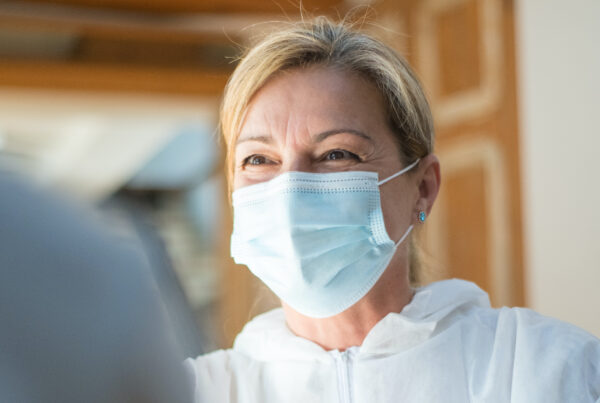May is Mental Health Awareness Month, and the goal of this column is to share information and resources on this important and timely topic. If the following can help at least one person find help, it is the start of raising awareness.
Dialogue on the topic of mental health is integrated into conversations when discussing the side effects of isolation during the pandemic, addiction, gun violence, the rise of suicide rates, coping with depression and anxiety, and many other issues that impact the welfare of those in our community and the nation.
The World Health Organization defines Mental Health as “a state of well-being in which the individual realizes their own abilities, can cope with the normal stresses of life, can work productively and fruitfully, and is able to make a contribution to their community.”
‘Coping with stress’ can have a critical impact on mental health. These three words are very difficult to provide a simple solution to as everyone experiences unique stressors, at different ages, and under varying circumstances. People may encounter a life situation that causes temporary anxiety and trauma whereas others may have an ongoing chronic mental illness.
The Mayo Clinic offers a few suggested ways to manage stress. There are always the tried and true three common endorsements considered vital to maintain one’s overall health, which are eating healthy, getting regular exercise, and plenty of rest. Additional suggestions include giving back by volunteering in the community or taking time to help someone in need. Focusing on ways to help others can be very therapeutic for some. Other stress reducers may include spending time to enjoy a favorite hobby or activity, maintaining and fostering healthy friendships, and incorporating relaxation exercises such as yoga or meditation into one’s lifestyle.
One way to lessen anxiety is to focus on the positive. An example would be to write a gratitude list of everything one is thankful for and read it aloud each morning.
However, it is always recommended to seek professional counseling when needed.
You may ask, what can I do to raise awareness of mental health? It is important to realize that there are those who may require medication, therapy and support groups in order to address their personal mental illness. It may only take one person to encourage the essential treatment needed for someone to get the necessary mental health assistance.
Not all mental illnesses are the same, and this month is the perfect time to combat the stigma that can be associated with it. Knowing the facts can help stop the spread of misinformation. If you would like to better understand the facts versus myths, visit the following link packed with insightful information.
If you or someone you know is struggling with any mental health issue, help is available. National Health Care Associates has several behavioral health centers that can help you or a loved one. Visit us at https://nathealthcare.com/ to find a care center near you.
The National Suicide Prevention Lifeline can be reached at 800.273.8255. Call 911 in an emergency.
Together, we can make a difference in the lives of those who battle mental illness.
Column is written by Laura Falt, director of business development in Connecticut. Laura welcomes the opportunity to be a resource to the community on services for older adults and is often featured in local publications.





